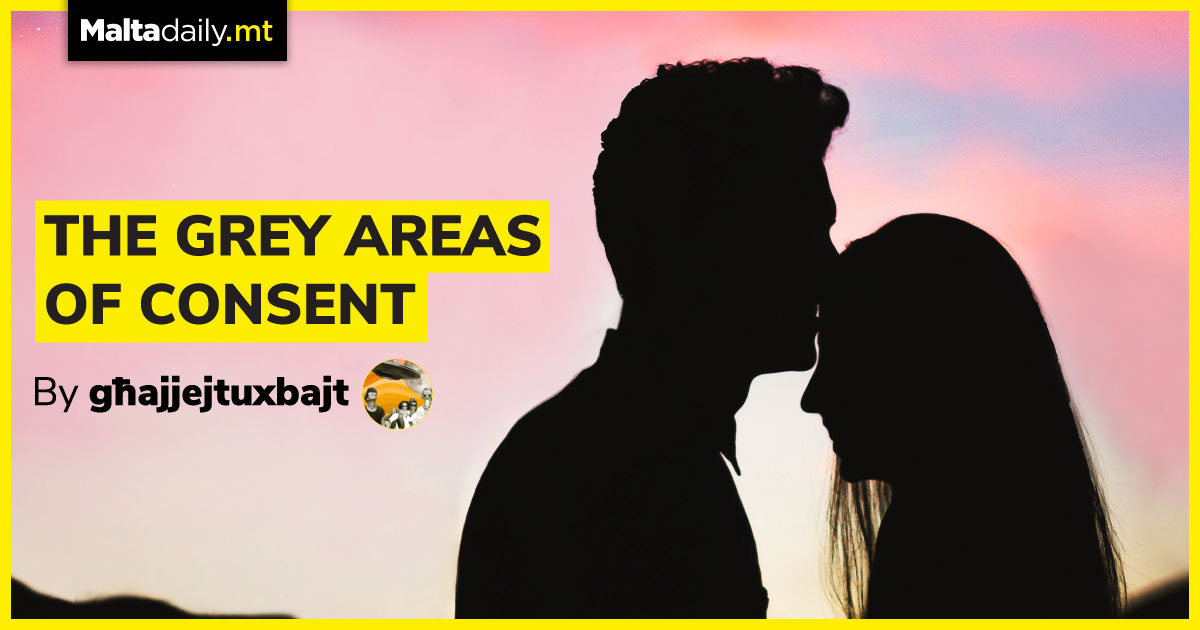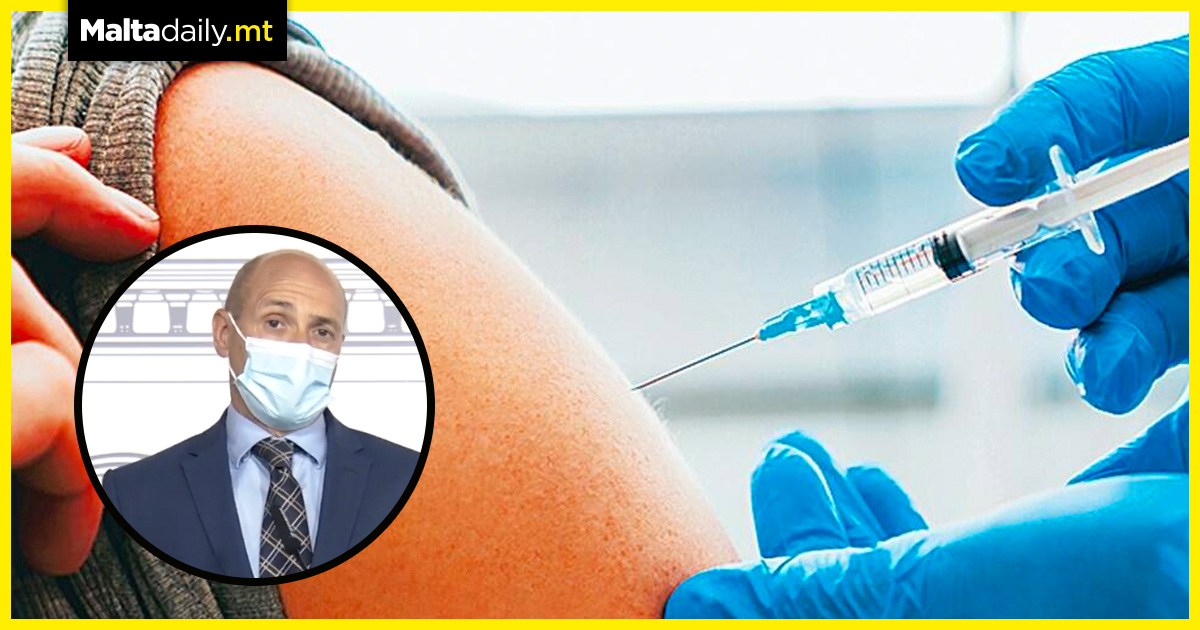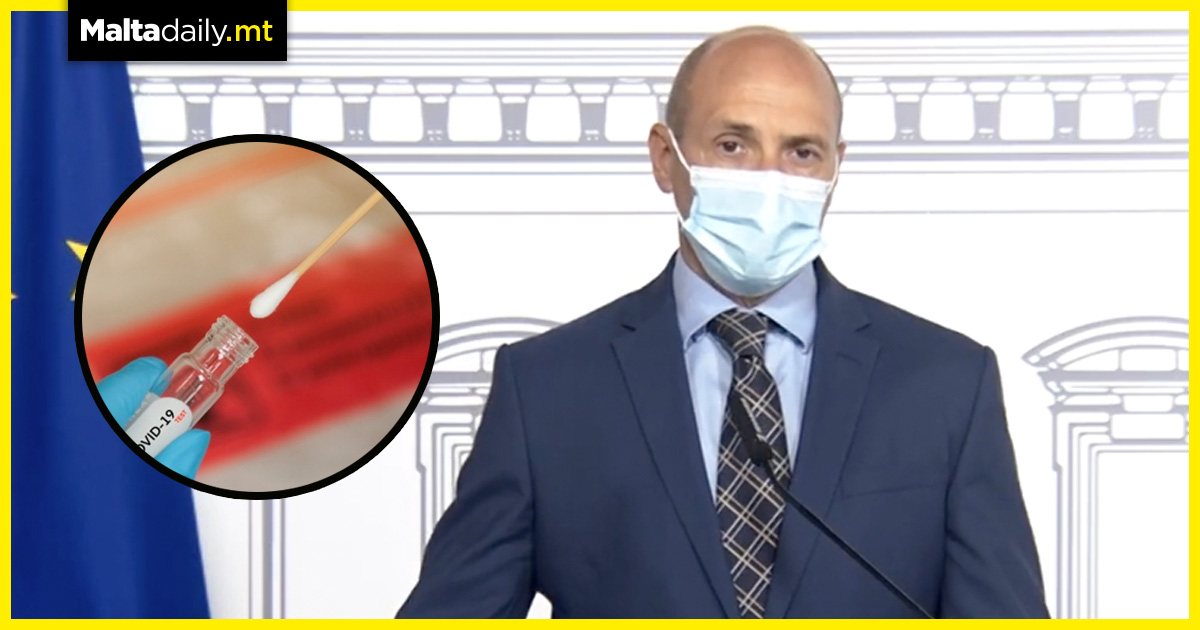
Consent is one of the most important ideas that we can discuss, particularly when it comes to bodily autonomy. The concept of consent is vital for all of us in order to implement it into our daily lives in various manners, particularly for participants to engage in aspects of life such as consensual, equal and enthusiastic sexual activity for all parties. When discussing consent, it is not only important to have discussions in terms of what the courts and legal system define as consensual or not, but it is vital for us to extend the conversation into the every day matters to do with consent which define how safe we feel going through our lives, and building relationships that are laid out on equal foundations.
In speaking of consent as an idea, it is not so black and white. In saying that, it is important for all of us to elaborate and reflect on the multi-faceted concept that is consent in our daily lives.

Consent may be revoked at any time during a sexual interaction.
Just because you initially agreed to doing something, doesn’t mean you cannot change your mind and ask to stop. No, you should not feel guilty. And no, you are not leading the other person on. If your partner does not stop after you tell them to, then that is a non-consensual encounter.

Consent cannot be freely given from individuals who are underage, incapacitated by drugs/alcohol, or asleep/unconscious
Somebody who is incapacitated and unable to make decisions for themselves because they are asleep, unconscious or under the influence of drugs/ alcohol cannot give their enthusiastic consent. In these situations, phrases such as “I don’t know”, “maybe” or “not now”, as well as disinterest or even absolute silence, are indicators that the person does NOT give their enthusiastic consent for what is occurring. Similarly, children cannot give their legitimate consent because they have not even reached the age of consent.

If someone agrees to an activity under pressure of intimidation or threat, then it is non-consensual.
Consent must be freely given, meaning that all people in a situation, particularly an intimate one, should feel that they are able to say “yes” or “no” at any point during the encounter. Unequal power dynamics, such as engaging in sexual activity with an employee or student, may create scenarios that involve a power imbalance. This isn’t always the case, but it is certainly something to consider within the realm of consent – particularly when self-reflecting on whether one is being pressured into a situation or not, and allowing all of us to be equipped with an accurate sense of what we feel comfortable with. What are the power dynamics of our relationship? Is anyone being taken advantage of? These are questions we should be asking even outside the realm of intimacy.

Consenting to one activity at any given time, does not mean someone gives consent for other activities or for the same activity in the future.
Consent can be given for different sexual activities and discussing boundaries and expectations before engaging in any sexual activity is important. For example, agreeing to kiss somebody does not give that person permission to remove your clothes. Similarly, having sex with someone in the past does not mean you would want to have sex with them again in the future. Sleeping in the same bed as someone is also not an automatic “yes”, nor is being married or in a long-term relationship with someone ever to mean that consent is automatic.

Digital consent is equally as important.
In today’s day and age, many sexual interactions take place online, but the same ‘offline’ rules apply with regards to consent. For instance, you cannot send anybody a sexual image or video unless you have asked for their permission beforehand; and you definitely cannot pressure anybody to send you private or sexual content. If they do so freely, it is your duty to protect that material from being shared with anyone else unless you acquire permission from the sender. Sharing somebody’s private sexual images (‘revenge porn’) is against the law, and there is no excuse for doing this.

Consent is not just about sex.
We shouldn’t just care about what people want when we are having sex with them. Learning about, and respecting, people’s boundaries should come naturally in all aspects of life. This may take many forms, like asking questions such as: “May I hug you?”, “May I ask you a personal question?” or “Do you mind if I sit here?”
Reciprocal gestures, enthusiasm, “YES”, or showing your partner what you like are all forms of consent. Consent is necessary, and amazing, and makes intimacy so much better. What is more attractive than making sure you are doing things that you and your partner/s enjoy and feel safe doing?
#ghajjejtuxbajt









